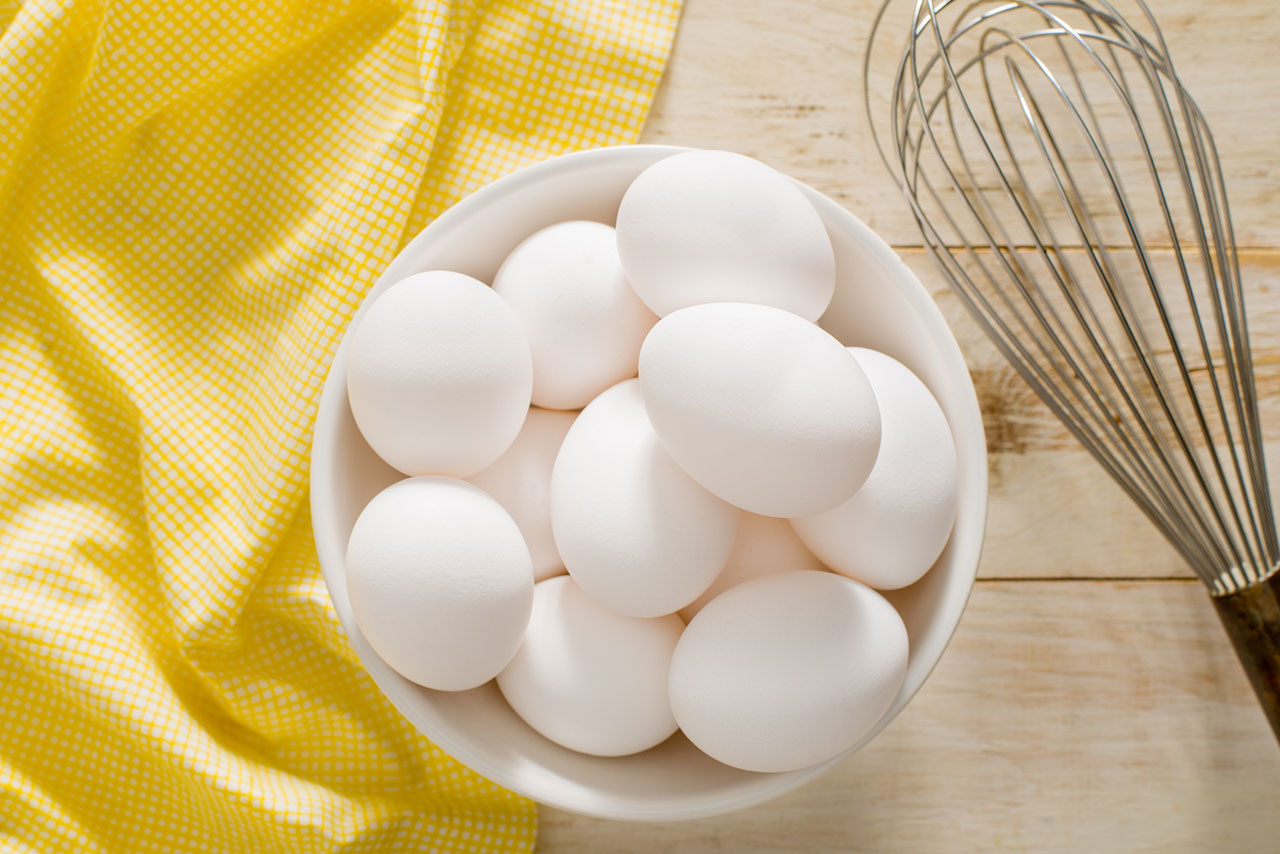TRENDING TAGS :
Cracking the Code: Top Egg Substitutes for Baking Success
Don't Let Empty Egg Cartons Stop Your Baking Spree!
Eggs are a fundamental ingredient in many baking recipes, providing structure, moisture, and leavening. But what happens when you run out of eggs, or discover an allergy or dietary restriction that prevents you from using them? Fear not, baking enthusiasts! Several ingenious substitutes can be used to achieve similar results without compromising your delicious creations.
Understanding the Role of Eggs
Before diving into alternatives, let's explore the functions eggs play in baking:
Binding: Eggs act as a glue, holding dry ingredients together and creating a cohesive structure in baked goods.
Leavening: When whipped, eggs incorporate air bubbles that expand during baking, resulting in a lighter and fluffier texture.
Moisture: Eggs contribute moisture to baked goods, keeping them tender and preventing dryness.
Flavor and Richness: Eggs add richness and flavor to baked goods, especially when used in large quantities.
The Substitute Showdown: Choosing the Right Option
The ideal substitute depends on the specific function of the egg in your recipe. Here are some popular alternatives:
Mashed Fruits: Unsweetened applesauce or mashed banana provide moisture and a hint of sweetness. They work well in muffins, pancakes, and quick breads. Use 1/4 cup of applesauce or mashed banana per egg.
Flaxseed Meal: Ground flaxseed mixed with water creates a gel-like consistency that binds ingredients. Ideal for vegan baking. Combine 1 tablespoon of ground flaxseed with 3 tablespoons of water for 1 egg substitute. Let it sit for a few minutes to thicken.
Chia Seeds: Similar to flaxseed, chia seeds mixed with water create a binding gel. Use 1 tablespoon of chia seeds with 3 tablespoons of water per egg.
Yogurt (Plain or Greek): Plain yogurt adds moisture and slight tang, perfect for cakes, muffins, and pancakes. Use 1/4 cup of yogurt per egg. Opt for Greek yogurt for a thicker consistency and more protein.
Aquafaba (Chickpea Brine): The magical liquid leftover from canned chickpeas whips up like egg whites, providing air and volume. Great for vegan meringues and mousses. Use 3 tablespoons of aquafaba per egg white.
Commercial Egg Replacer: These readily available baking powders are formulated to mimic the functions of eggs. Follow package instructions for the appropriate substitution amount.
Oil and Water: Combining vegetable oil with water can replace the moisture and some binding properties of eggs. Use a 3:1 ratio (3 tablespoons oil to 1 tablespoon water) per egg.
Beyond the Basics: Achieving Optimal Results
While effective substitutions exist, keeping a few things in mind can optimize your baking experience:
Recipe Adjustments: Substitutes may affect baking times and textures. Start by checking for existing vegan or egg-free variations of your recipe. If modifying a traditional recipe, reduce baking temperature slightly and keep an eye on the doneness.
Flavor Considerations: Some substitutes, like applesauce or banana, introduce their own flavors. Consider incorporating spices or extracts to complement these flavors.
Moisture Balance: Certain substitutes, like aquafaba, excel at leavening but may lack moisture. Adding a touch of oil or using a more moist substitute can help.
Experiment and Discover:
Baking with egg substitutes opens doors to culinary exploration. Don't be afraid to experiment with different options and find what works best for your recipes and preferences. With a little creativity and these handy substitutes, baking success is within reach, even when your egg carton is empty!



